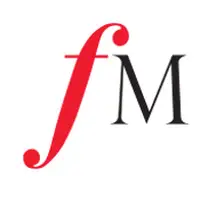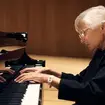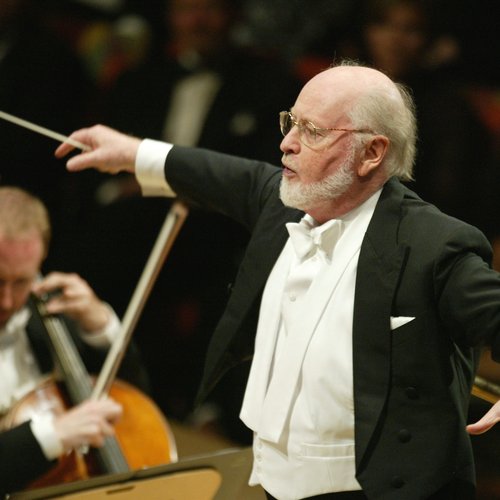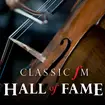350 primary school pupils are being ‘taught how to read and write music in six months’
21 June 2024, 16:55

A groundbreaking programme that aims to teach primary school pupils how to read and write music within six months has been launched by the Royal Birmingham Conservatoire.
Listen to this article
Around 350 children and their families at St Benedict’s Primary School in Small Heath, south-east Birmingham, are being taught how to read and write music in under six months, as part of an initiative that aims to put music at the heart of the local community.
“This partnership is going to significantly impact the lives of our children,” said St Benedict’s headteacher Mrs Emma Nott. “Our pupils, parents and staff are buzzing with excitement.
“This collaboration will show them that music can be an education and career pathway.”
It’s a partnership between the primary school and the Royal Birmingham Conservatoire (RBC), which has a history dating back to 1859. RBC launched the two-year project to make music lessons more accessible in schools and to allow children to express themselves creatively, regardless of background.
According to data from Birmingham City Council, 60% (4,782) of children in Small Heath were living in low-income households. In addition, 98% of children at St Benedict’s have English as an additional language – with pupils originating from 29 different countries.
Read more: Birmingham orchestra sparks debate over decision to allow phones in concerts

Richard Shrewsbury, Head of Learning and Participation at Royal Birmingham Conservatoire, believes “music can transcend all cultural, social and economic barriers”.
“We hope this programme will build an example model of how music education can be delivered successfully at other primary schools across the UK.”
Following an anonymous donation, St Benedict’s has created its first music room and recently acquired a substantial number of instruments through the charity Restore the Music. The new music room will host tuition, workshops, training and community initiatives.
Read more: Classic FM Music Teacher of the Year Awards 2024 – nominate an inspiring teacher!
“We’re grateful to our donor who has agreed to support this project for at least two years,” added Mr Shrewsbury. “The staff at St Benedict’s understand how music can become an important part of their pupils’ lives and we already feel a part of the school family.”
RBC and St Benedict’s began working together earlier this year. In May, the school was visited by RBC staff and celebrated Indian violinist Ustad Johar Ali, who performed for pupils in the new music room (above).
“Visits from Ustad Johar Ali and RBC have given us a taste for what high-quality, professional musicianship can unlock,” added Mrs Nott.
“We’ve already seen a dramatic upturn in interest in our music clubs and other opportunities since working with RBC. It’s such a privilege to be working together and we can’t wait to see where these next two years will take us.”



































